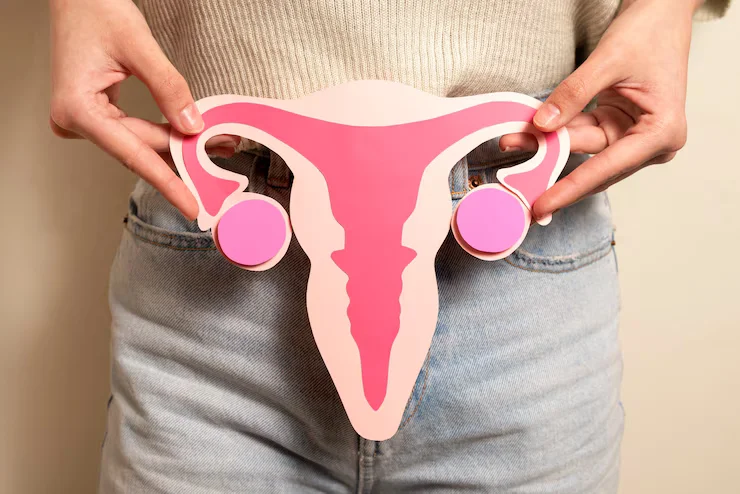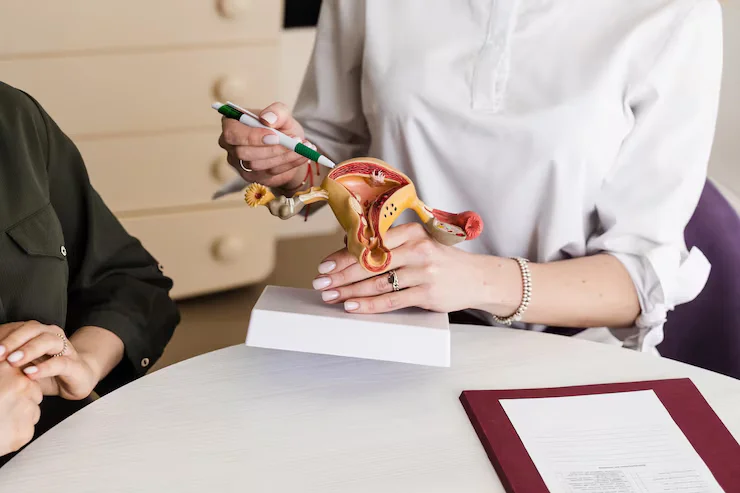-
Ganesh Talkies, Kolkata
Ganesh Talkies, Kolkata

Avoid these common mistakes to ensure a smoother Vaginal Hysterectomy Recovery. Get insights on the top 5 mistakes to avoid from a reputed Gynecologist.
Undergoing a vaginal hysterectomy is a significant life event, both physically and emotionally. While the procedure offers many benefits, the recovery period can be long and challenging. Making the wrong choices during recovery can lead to unnecessary complications and delays. In this post, we’ll discuss the Top 5 Mistakes to Avoid During Vaginal Hysterectomy Recovery, along with practical tips for a smoother and faster healing process.
By being aware of these common mistakes, you can ensure that you follow a proper recovery path. Additionally, adhering to post-surgery guidelines will maximize your chances of a healthy, complication-free recovery.

After any major surgery, including a vaginal hysterectomy, following your doctor’s advice is critical to a successful recovery. The post-operative instructions will be personalized, considering your unique health condition, surgical procedure, and potential risk factors.
Some key aspects to follow include:
Ignoring these instructions, even if you feel better, can lead to infections, bleeding, or delayed healing. Remember that your recovery process is individual and should be treated with the utmost care.
One of the biggest temptations during Vaginal Hysterectomy Recovery is to rush back to normal activities. After the surgery, your body needs adequate time to heal. Overexertion can cause internal damage, complications, and prolonged recovery times.
Many women feel fine after a few days, but it’s crucial to give yourself time to rest, especially during the first few weeks. Activities like vacuuming, bending, or carrying heavy groceries can strain your body. At this stage, light activities like walking short distances are ideal for your body’s recovery.
Remember that even if you feel energized, it’s essential to:
Gradual activity resumption is key to your recovery timeline, so allow your body to get back to normal at its own pace.
One of the most crucial aspects of recovery is being vigilant about signs of infection or complications. While some discomfort is normal after surgery, certain symptoms may indicate something more serious.
Signs to watch for include:
Noticing these symptoms early and seeking medical attention promptly can help prevent further complications. Always contact your healthcare provider if you’re unsure about any unusual signs during Vaginal Hysterectomy Recovery.
Many women focus so much on their physical recovery that they neglect their emotional and mental well-being. Hormonal changes and the physical strain of recovery can lead to feelings of sadness, anxiety, or even depression.
It’s important to prioritize your emotional health during your recovery. This can involve:
Remember that recovery is not just about healing your body but also your mind. By taking care of both, you set yourself up for a more comprehensive recovery.
After surgery, your body needs time to heal and regenerate. Sleep is one of the most important factors in your body’s healing process. Insufficient rest can delay recovery, increase pain, and even contribute to complications.
Here’s why sleep and rest are essential:
Make sure to:
The importance of rest during Vaginal Hysterectomy Recovery cannot be overstated, so prioritize your sleep for quicker healing.

Recovery typically takes around 6 to 8 weeks, but this can vary based on individual health and adherence to post-operative care.
It’s generally recommended to wait at least 6 weeks before returning to work, especially if your job involves physical activity. Always consult your doctor for personalized guidance.
You should avoid strenuous exercise for at least 6 weeks. After that, your doctor may allow you to gradually resume light exercises, such as walking or gentle stretching.
Yes, it’s quite common to feel emotional due to hormonal fluctuations and the physical nature of recovery. Be sure to take care of your emotional well-being during this time.
You should avoid driving for at least 2 to 4 weeks after surgery, or until your doctor clears you. Avoid driving if you’re still on pain medications that can affect your reflexes.
Recovering from a vaginal hysterectomy is an important and delicate process. By avoiding these common mistakes—following your doctor’s instructions, not overexerting yourself, watching for signs of complications, tending to your emotional health, and ensuring you get enough rest—you can enhance your recovery and reduce the risk of complications.
Take your time, listen to your body, and consult your healthcare provider whenever you have concerns. For personalized care and expert guidance during recovery, consider consulting the best lady gynecologist in Kolkata. By following a well-balanced recovery plan, you will soon return to your daily activities, feeling stronger, healthier, and ready for the future.